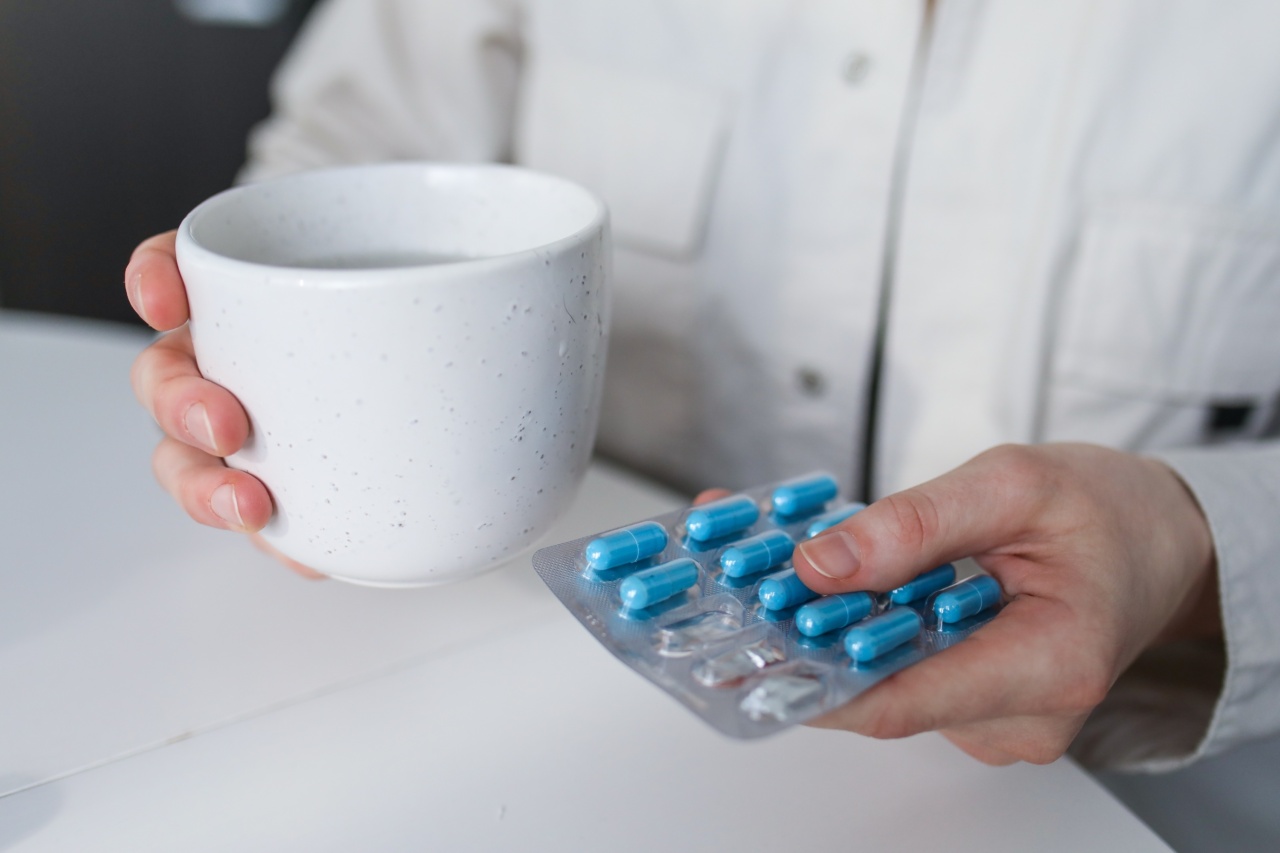As women, it is essential for us to take care of our health and well-being. One way to do that is by ensuring we consume the necessary vitamins and minerals our bodies need.
Vitamins play a vital role in several bodily processes, including metabolism, cell function, and maintaining a healthy immune system. While a well-balanced diet should provide most of the essential vitamins, there are a few key ones that women should focus on. In this article, we will explore the three must-have vitamins for women and why they are so important.
Vitamin D
Vitamin D is often referred to as the “sunshine vitamin” because our bodies can produce it when our skin is exposed to sunlight.
However, many women are deficient in this crucial vitamin, mainly due to indoor lifestyles, limited sun exposure, or using sunscreen regularly.
Why is Vitamin D important for women?.
Vitamin D plays a significant role in maintaining healthy bones and teeth by assisting the absorption of calcium and phosphorus. It also helps regulate mood, supports the immune system, and aids in muscle function.
Moreover, some studies suggest that Vitamin D may help prevent certain types of cancers, including breast and ovarian cancer.
Food sources rich in Vitamin D include fatty fish like salmon and mackerel, egg yolks, mushrooms, and fortified dairy products.
However, it may be challenging to get enough Vitamin D through diet alone, so a Vitamin D supplement is often recommended, especially for women living in areas with limited sun exposure.
Vitamin B12
Vitamin B12, also known as cobalamin, is a water-soluble vitamin that is crucial for the formation of red blood cells and the proper functioning of the nervous system.
As we age, our bodies become less efficient at absorbing vitamin B12 from food, making it even more important for women to ensure they are getting enough of this nutrient.
Why is Vitamin B12 important for women?.
Vitamin B12 helps prevent megaloblastic anemia, which can cause fatigue, weakness, and difficulty concentrating. It also plays a role in DNA synthesis and the production of neurotransmitters, which affect mood and mental health.
Adequate levels of Vitamin B12 are particularly important for pregnant women as they contribute to the healthy development of the baby’s brain and nervous system.
Food sources rich in Vitamin B12 include animal products such as meat, fish, poultry, eggs, and dairy.
For women following a vegetarian or vegan diet, it is crucial to incorporate fortified plant-based milk, breakfast cereals, and nutritional yeast or consider taking a Vitamin B12 supplement.
Iron
Iron is an essential mineral that the body needs to produce hemoglobin, a protein in red blood cells that carries oxygen from the lungs to the rest of the body.
Women are particularly susceptible to iron deficiency due to blood loss during their menstrual cycles. Iron deficiency can lead to anemia, resulting in symptoms such as fatigue, pale skin, and general weakness.
Why is Iron important for women?.
Iron is crucial for maintaining energy levels, supporting cognitive function, and promoting healthy hair, skin, and nails. Additionally, iron is essential during pregnancy as it helps deliver oxygen to the developing fetus.
Women who are pregnant or experiencing heavy menstrual bleeding may require higher iron intake to meet their body’s needs.
Food sources rich in iron include lean meats, poultry, seafood, leafy green vegetables, beans, and fortified cereals.
It is important to note that the body absorbs iron more efficiently when consumed with foods rich in vitamin C, such as citrus fruits, strawberries, and bell peppers.
Conclusion
Taking care of our health should always be a top priority, and ensuring we consume the necessary vitamins is a crucial part of that.
However, every individual is different, and it is important to consult with a healthcare professional or registered dietitian before starting any new supplements or making drastic changes to your diet.
Vitamin D, Vitamin B12, and Iron are three must-have vitamins for women. Remember to prioritize your health through a balanced diet, regular exercise, and routine check-ups to ensure you are getting all the nutrients your body needs to thrive.






























